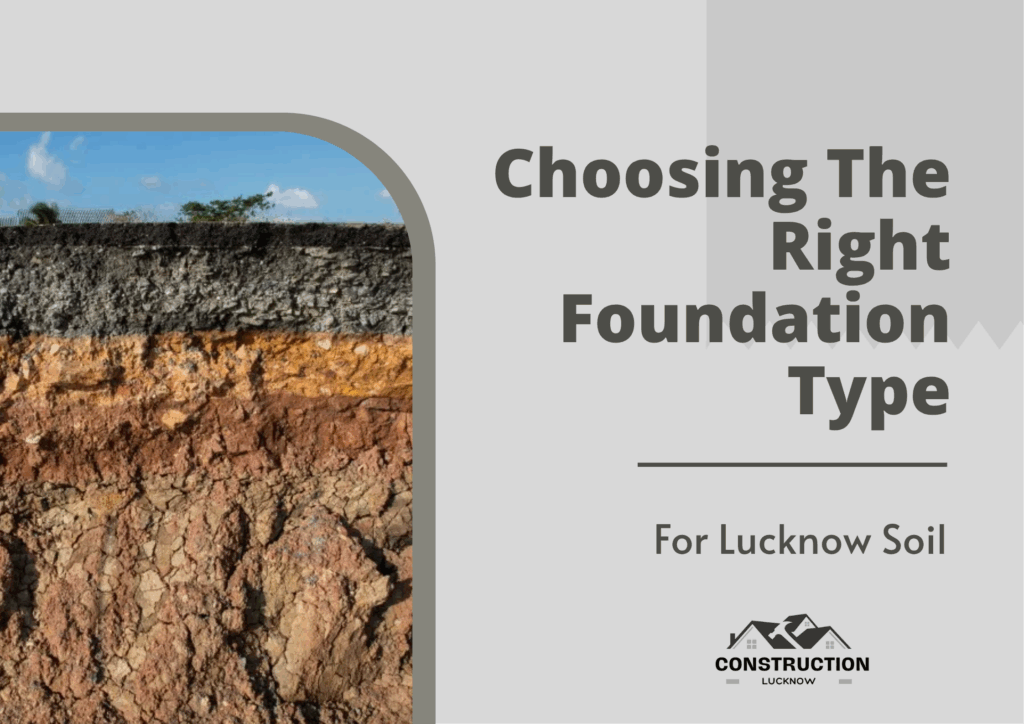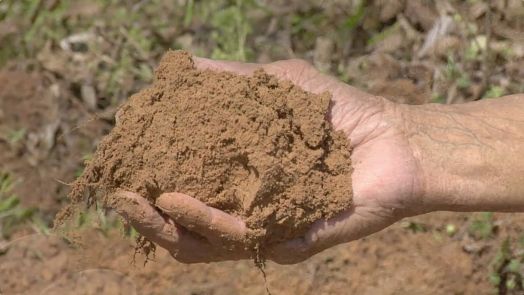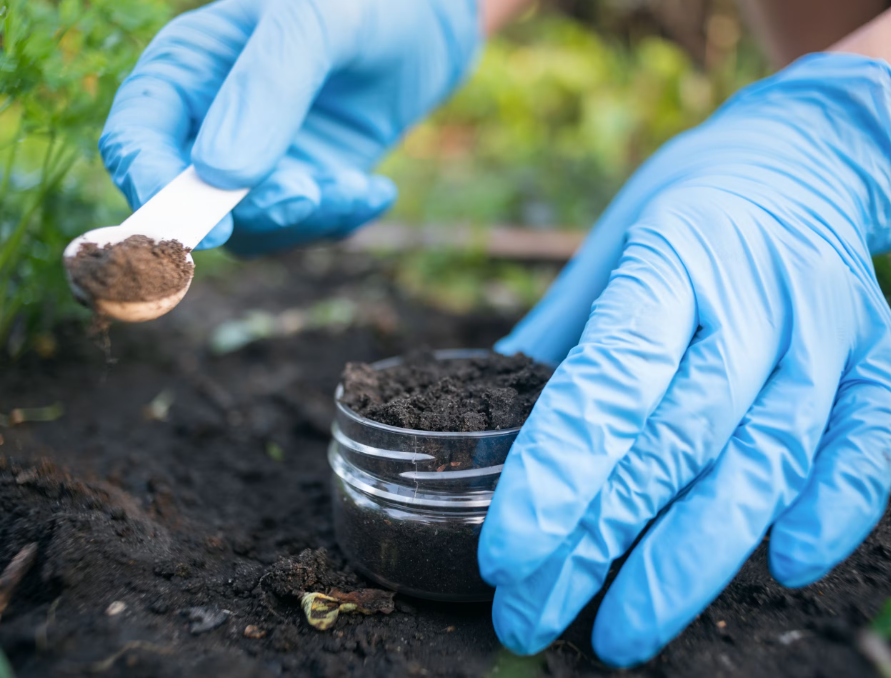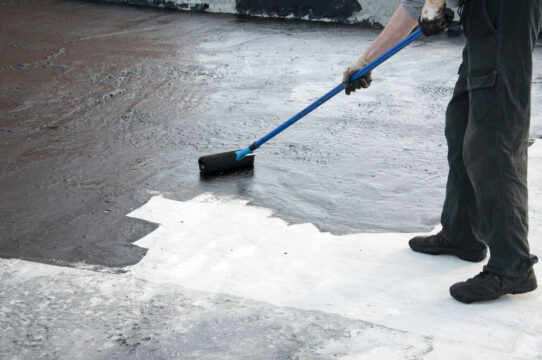Building a house is a big dream. But before you start, you need to choose the right foundation (नींव). Your foundation is like the feet of your house. If the feet are weak, the whole house will fall. Let’s learn how to pick the best foundation for Lucknow soil.

What Kind of Soil Does Lucknow Have?
Lucknow sits in the Gangetic plains, where rivers have brought different types of soil over thousands of years. The soil here changes from place to place. Some areas have soft clay that holds water.
Other areas have sandy soil that drains water quickly. Some places have mixed soil with both clay and sand. This is why you must test your soil before building. What works in one area of Lucknow might not work in another area.
Lucknow has three main types of soil (मिट्टी):
1. River Soil (जलोढ़ मिट्टी)
This soil comes from rivers. It is very good for growing plants but it drinks water very fast. When this soil gets wet, your house can sink down. For this soil, you can use strip footing or raft foundation. But make sure water can go away easily.
2. Clay Soil (चिकनी मिट्टी)
This soil is like clay. When water comes, it grows bigger. When water goes away, it becomes smaller. This can make cracks (दरारें) in your house. For this soil, you must use pile foundation or pier foundation. These go very deep into the ground to find strong soil.
3. Sandy Soil (रेतीली मिट्टी)
This soil has sand in it. Water goes through it easily. It can carry weight very well. For this soil, isolated footing or strip footing works fine.
Test Your Soil Before Building
Before you choose foundation, you must test your soil. This is very important (बहुत जरूरी). See what you need to check:
How Much Weight Can Soil Carry (भार सहन क्षमता): Every soil can carry different weight. You need to know if your soil is strong enough for your house.
Where is Water Under Ground (भूजल स्तर): Some places have water very close to surface. If water is too close, you need special foundation.
What is in Your Soil (मिट्टी का मिश्रण): Your soil might have sand, clay, or stones. Each type needs different foundation.
Does Soil Grow and Shrink (फूलना-सिकुड़ना): Some soils become big when wet and small when dry. This can damage your house.
Which Foundation for Which Soil?
For River Soil:
- If soil is strong: Use strip footing or isolated footing
- If soil is weak: Use raft foundation (covers more area)

For Clay Soil:
- Always use pile foundation or pier foundation
- These go deep and sit on strong soil layer
- Never use shallow foundation on clay soil
For Sandy Soil:
- Isolated footing or strip footing is perfect
- This soil drains water well
- Easy to build on this soil
Weather in Lucknow Affects Your Foundation
Lucknow gets about 979 mm rain every year. The soil becomes wet and dry many times. This can hurt your foundation. Here’s what to do:
- Make drainage system (पानी निकालने का रास्ता) around your house
- Keep water away from foundation walls
- Use waterproofing (जल रोधी) materials
- In clay soil areas, always use deep foundation
Foundation Based on House Size
Single Floor House (एक मंजिला घर):
- Shallow foundation is enough (3-5 feet deep)
- Strip footing or isolated footing works well
- Less expensive option
Multi-Floor House (बहुमंजिला घर):
- Deep foundation is must (6-7 feet deep)
- Use pile foundation for safety
- More expensive but very strong
Always Take Expert Help
Never choose foundation by yourself. Always call a structural engineer (संरचना इंजीनियर). They will:
- Study your soil test report
- Calculate how much weight your foundation needs to carry
- Design the right foundation for your house
- Make sure your house is safe
Step by Step Process
- Test Your Soil: Get someone to test your soil
- Study Report: Understand what type of soil you have
- Meet Engineer: Show soil report to structural engineer
- Choose Foundation: Pick right foundation type
- Plan Drainage: Make sure water can go away
- Start Building: Use good quality materials

Important Tips to Remember
- Never Skip Soil Test: This is the most important step
- Use Quality Materials: Cheap materials cause problems later
- Don’t Rush: Take time to plan properly
- Keep Records: Save all papers and reports
- Regular Inspection: Check work every day
- Plan for Water: Always think about drainage
- Follow Building Rules: Check local building codes
- Budget Extra Money: Keep 10-15% extra for unexpected costs
Common Mistakes to Avoid
- Starting work without soil test
- Choosing cheap contractor to save money
- Not planning for water drainage
- Using poor quality cement and steel
- Not waiting for concrete to cure properly
- Ignoring engineer’s advice
- Building in rainy season
Frequently Asked Questions
Which foundation is best in Lucknow?
It depends on your soil type. Sandy soil needs shallow foundation. Clay soil needs deep foundation. Always test your soil first.
Is soil testing really needed?
Yes, very important. Soil test tells you how strong your soil is. Without test, you might choose wrong foundation and your house can get damaged.
How deep should foundation be?
- Sandy soil: 3-4 feet deep
- Clay soil: 4-5 feet deep (single floor)
- Multi-floor house: 6-7 feet deep
Do I need waterproofing?
Yes, especially in clay soil. Waterproofing stops water from damaging your foundation. It makes the foundation last longer.

How much does foundation cost?
- Shallow foundation: Less expensive
- Deep foundation: More expensive
- Cost depends on size and depth
- Good foundation saves money later
Can I build foundation in rainy season?
Better to avoid monsoon time. Clay soil becomes very soft in rain. Wait for dry weather for best results.
How many days to complete foundation?
- Shallow foundation: 7-10 days
- Deep foundation: 15-20 days
- Weather and soil type can change timing
How long to wait after foundation?
Wait at least 28 days before building walls. Concrete needs time to become strong. This is called curing (सख्त होना).
What happens if I choose wrong foundation?
Your house can:
- Develop cracks (दरारें)
- Sink into ground
- Become unsafe to live
- Cost lots of money to repair
Final Words
Your foundation is the most important part of your house. It keeps your family safe. Spend good money on foundation. Take expert help. Test your soil properly. Choose right foundation type. Plan for water drainage. Use quality materials.
Remember: A good foundation lasts 100 years. A bad foundation creates problems every year. Make the right choice today for a safe tomorrow.
